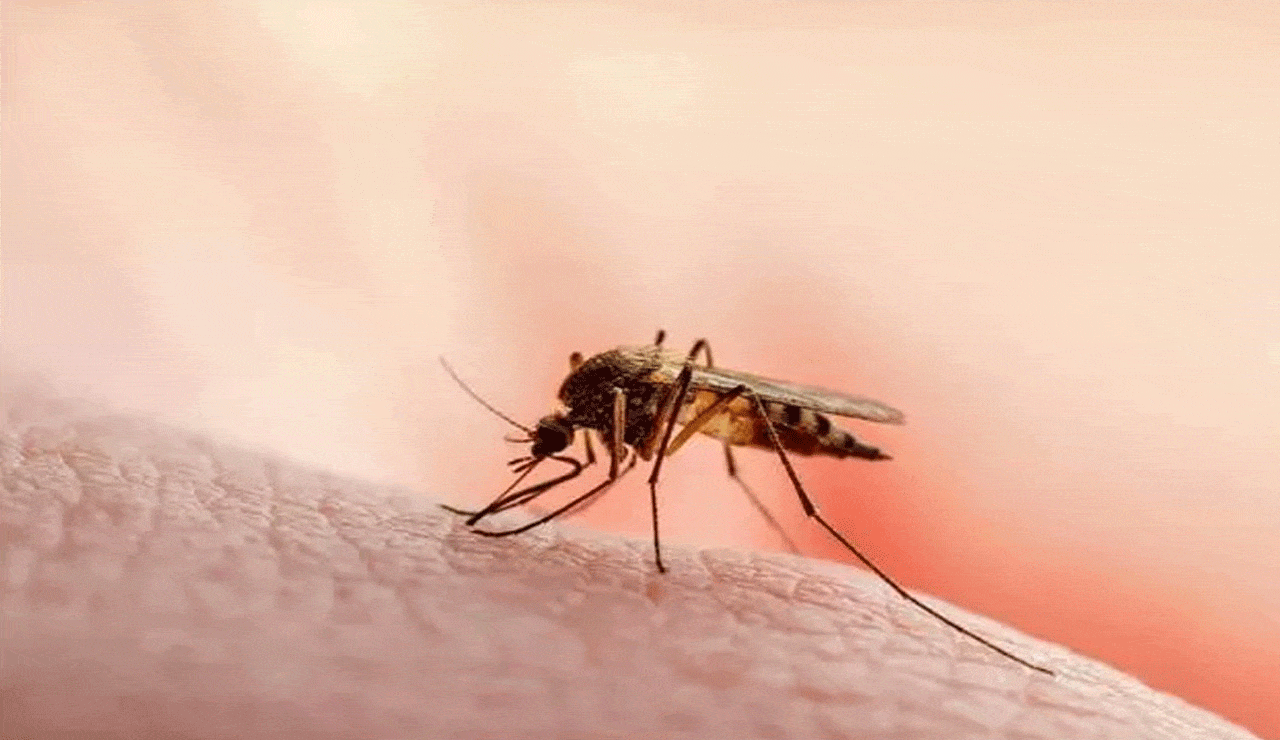World Malaria Day 2025: How Untreated Malaria Can Turn Deadly – Prevention Tips You Must Follow
World Malaria Day is commemorated annually on April 25 to raise awareness about malaria and its prevention across the globe.

World Malaria Day is commemorated annually on April 25 to raise awareness about malaria and its prevention across the globe. This day serves as a reminder of the global fight against malaria, a life-threatening disease caused by parasites transmitted to humans through the bites of infected female Anopheles mosquitoes.
Table of Contents
How Malaria Spreads
According to the World Health Organization (WHO), malaria is primarily transmitted through the bite of an infected female Anopheles mosquito. Once inside the body, the parasites multiply in the liver and infect red blood cells, leading to a range of symptoms. While malaria is generally curable within two weeks, delayed treatment can make it fatal.
Common Symptoms of Malaria
Symptoms of malaria typically begin 10 to 15 days after a person is bitten by an infected mosquito. Early signs include:
- Shivering chills
- High fever
- Severe headaches
- Body aches
- Nausea and vomiting
Some individuals may experience mild symptoms, especially if they have had malaria before and developed partial immunity.
Recommended Diet for Malaria Patients
Health experts advise malaria patients to consume a high-carbohydrate, protein-rich, and vitamin-packed diet. It’s crucial to stay hydrated to aid recovery. Recommended fluids include:
- Coconut water
- Sugarcane juice
- Fresh fruit juices
- Lemon water
- Clear soups
Boiled water should be consumed to eliminate bacteria and prevent further infections.
Prevention is Better Than Cure
The best way to avoid malaria is to prevent mosquito bites. Effective prevention strategies include:
- Sleeping under insecticide-treated mosquito nets
- Eliminating stagnant water sources near homes
- Using mosquito repellents and sprays indoors
- Wearing protective clothing in mosquito-prone areas
Final Thoughts
World Malaria Day reminds us that while malaria is preventable and treatable, awareness and timely medical intervention are key to saving lives. By staying informed and taking proactive steps, we can help eradicate this deadly disease from our communities.

